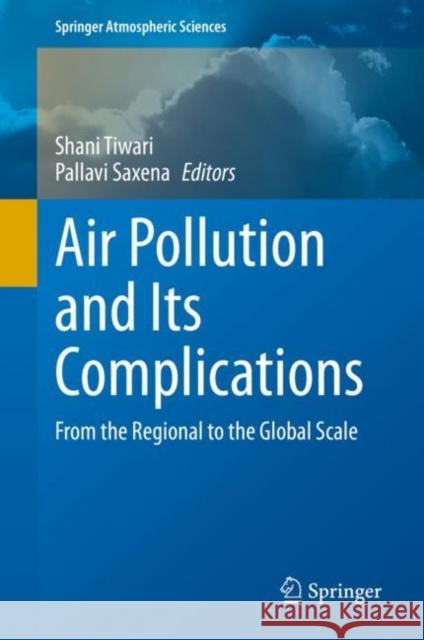Air Pollution and Its Complications: From the Regional to the Global Scale » książka
topmenu
Air Pollution and Its Complications: From the Regional to the Global Scale
ISBN-13: 9783030705084 / Angielski / Twarda / 2021 / 178 str.
Air Pollution and Its Complications: From the Regional to the Global Scale
ISBN-13: 9783030705084 / Angielski / Twarda / 2021 / 178 str.
cena 563,56
(netto: 536,72 VAT: 5%)
Najniższa cena z 30 dni: 539,74
(netto: 536,72 VAT: 5%)
Najniższa cena z 30 dni: 539,74
Termin realizacji zamówienia:
ok. 16-18 dni roboczych.
ok. 16-18 dni roboczych.
Darmowa dostawa!
Kategorie:
Kategorie BISAC:
Wydawca:
Springer
Seria wydawnicza:
Język:
Angielski
ISBN-13:
9783030705084
Rok wydania:
2021
Wydanie:
2021
Numer serii:
000435783
Ilość stron:
178
Waga:
0.45 kg
Wymiary:
23.88 x 19.56 x 1.52
Oprawa:
Twarda
Wolumenów:
01











